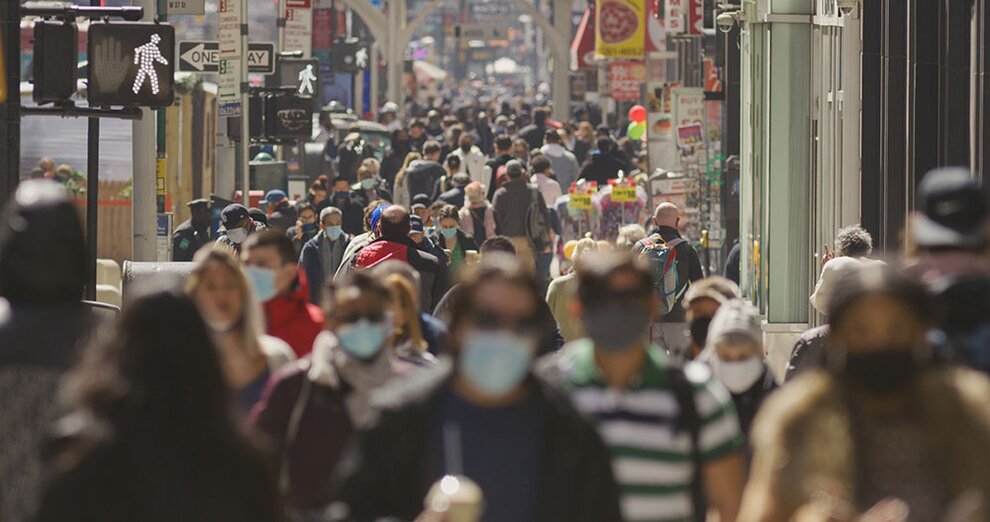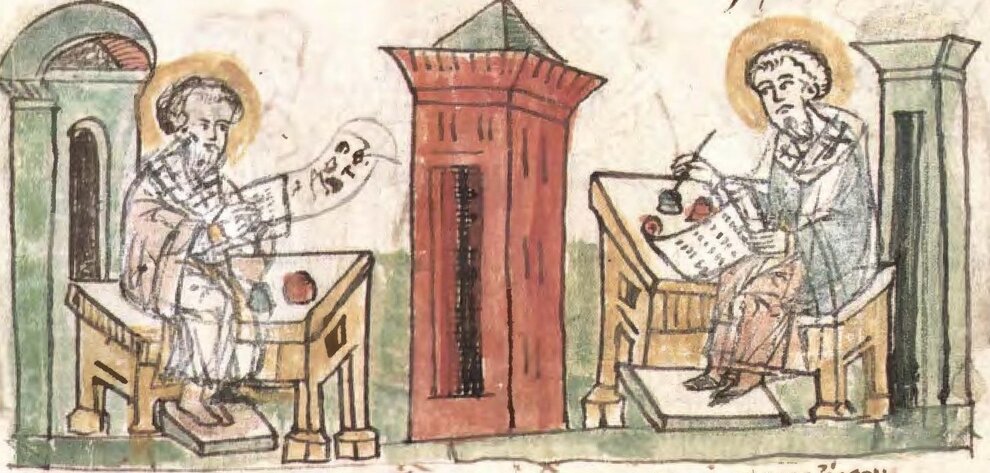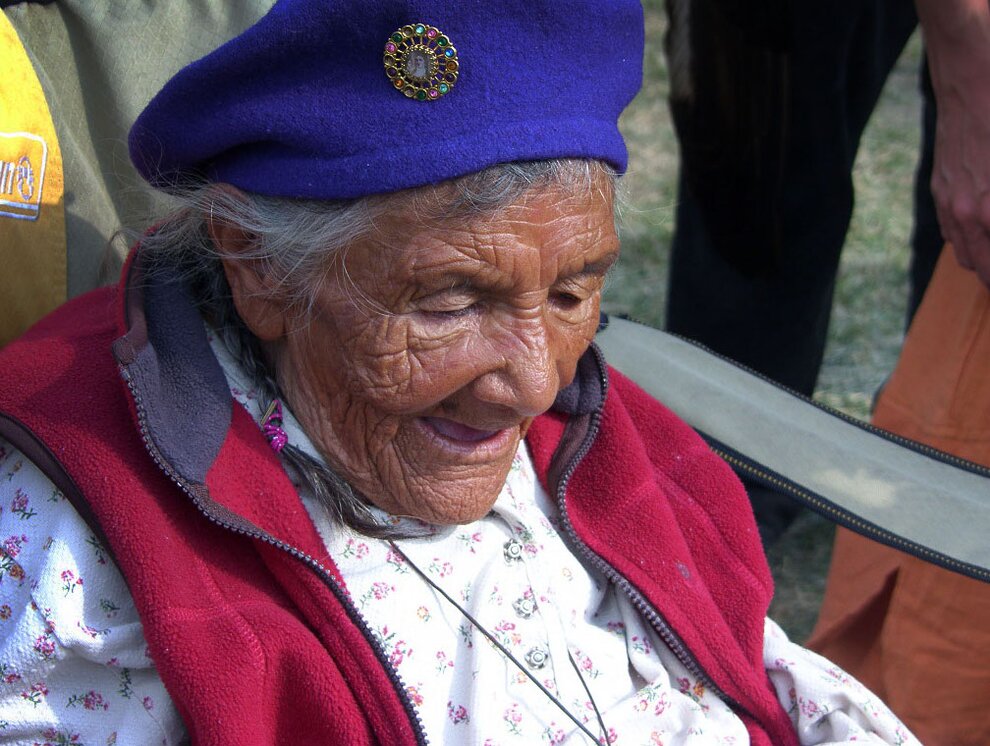Ageing processes and cultural differences
February 29 | Isabelle Chariglione & Sonia Caldas Pessoa seminar
Thursday
29
February
2024
6:00 pm
7:30 pm

"Ageing processes and cultural differences: discursive practices and strategies against prejudice"
Published at 22 January 2024







